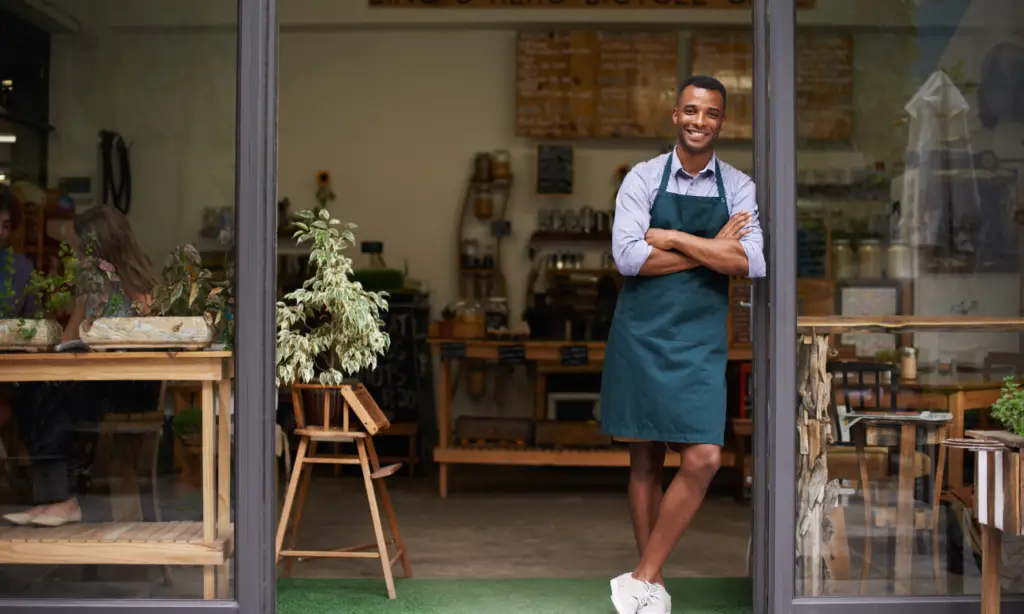
Contents
Introduction
Shopping in Your Neighborhood brings immense value to communities, fostering economic growth and personal connections. When people practice Shopping in Your Neighborhood, they directly invest in local entrepreneurs who rely on nearby clientele. Rather than turning to large retailers, Shopping in Your Neighborhood ensures that smaller stores and family-owned shops thrive. Beyond mere convenience, Shopping in Your Neighborhood supports specialized services attuned to regional tastes and needs. Loyal patrons discover unique products that often aren’t found in chain outlets, reinforcing a sense of pride by Shopping in Your Neighborhood. Many residents see Shopping in Your Neighborhood as an essential step toward revitalizing downtown areas and historic marketplaces. Through Shopping in Your Neighborhood, you form long-term relationships with business owners, enhancing trust in the local economy. Ultimately, Shopping in Your Neighborhood stands as a powerful force for economic sustainability and civic well-being.
Economic Impact
Every dollar spent by Shopping in Your Neighborhood circulates within the local economy, stimulating growth and creating new jobs. Small businesses tend to reinvest profits locally, meaning Shopping in Your Neighborhood can boost municipal tax revenue and fund public projects. This synergy accelerates neighborhood improvements, an outcome fueled by consistent Shopping in Your Neighborhood. Unlike corporate entities, whose revenue often flows outward, local shops depend on loyal patrons dedication. When combined, these collective efforts highlight how Shopping in Your Neighborhood can significantly reshape a town’s financial landscape. Grassroots support often protects independent merchants from the volatility seen in larger markets, a stability gained through ongoing Shopping in Your Neighborhood. The result is a healthier, more diversified marketplace that stands resilient against economic downturns. In essence, each purchase can have a domino effect, and that effect is magnified by Shopping in Your Neighborhood.
Community Building
By Shopping in Your Neighborhood, neighbors become more than just faces in passing—they become collaborators in a thriving ecosystem. Initiatives encouraging Shopping in Your Neighborhood often bring people together at farmer’s markets, craft fairs, and holiday pop-ups. These gatherings highlight the human side of commerce, a spirit of togetherness only possible through Shopping in Your Neighborhood. When residents frequent local cafés or art stores, they form connections with staff members, forging friendships thanks to Shopping in Your Neighborhood. This camaraderie translates into safer streets, as vibrant walk-in traffic deters crime and ensures communal oversight, a direct byproduct of Shopping in Your Neighborhood. Moreover, institutions such as libraries, schools, and recreational centers often benefit from philanthropic contributions. A strong sense of unity emerges, and that unity blossoms as more people commit .
Environmental Benefits
Reducing carbon footprints becomes more realistic , instead of driving long distances. Shorter commutes lower CO2 emissions, one of many green advantages stemming from locally sourced goods often require minimal transportation and packaging, aligning with eco-friendly values promoted. Additionally, walkable districts flourish when consumers champion, encouraging city planners to improve pedestrian paths and bike lanes. By lessening fuel consumption, communities can see measurable environmental gains tied to consistency. When supply chains remain short, produce stays fresher, and artisan crafts hold unique authenticity. This cycle supports responsible stewardship of resources a vital aspect to consider when emphasizing your neighborhood as a lifestyle.
Local Business Stories

Each store and boutique has its own origin tale, and that narrative takes center stage through shopping. Whether it’s a bakery run by second-generation pastry chefs or a vintage clothing shop curated by local fashion lovers, these stories endure because of your Neighborhood. Owners often tailor product selections to match community values and styles, a strategy thriving due to regular neighborhood. Over time, these businesses become local landmarks, attracting visitors who appreciate the personal touch cultivated . With each success story, aspiring entrepreneurs gain encouragement, envisioning their own ventures supported by the tradition .
Overcoming Challenges
Despite the benefits, not every town makes easy. Larger chains boast convenience and seemingly endless inventory, deterring many from consistency. To address these hurdles, local shops can use online tools, loyalty programs, or curated events that highlight the perks of Shopping in Your Neighborhood. Residents might need to schedule trips more carefully, balancing digital efficiency with the personal fulfillment. Education also helps consumers understand why high-volume discounts at big-box stores don’t equate to the broader benefits . By focusing on unique offerings and intimate customer service, merchants can compete effectively in a market that still appreciate. In solving these issues, communities become more self-reliant, all thanks to the sustained momentum.
Conclusion
When neighborhoods celebrate local culture and traditions, they reinforce the idea that’s an investment in a collective future. It’s about embracing authenticity, preserving unique identities, and celebrating your heritage within your own hometown. With every purchase, you directly impact small enterprises and their families an impact only made possible. Over time, this choice transforms ordinary streets into vibrant commercial hubs that reflect local aspirations. By Shopping in Your Neighborhood, you’re not just buying goods; you’re building lasting relationships, promoting economic stability, and protecting the environment. Ultimately, making the conscious decision encourages sustainable development and a thriving sense of community pride. Commit to this practice, and you’ll discover just how far your support goes when you choose to keep it local.
